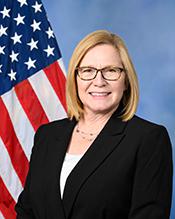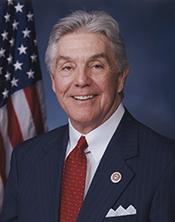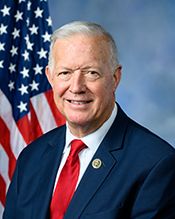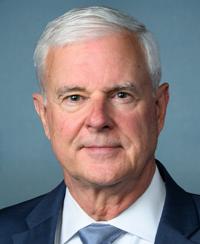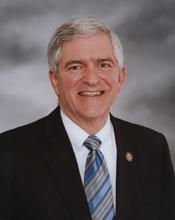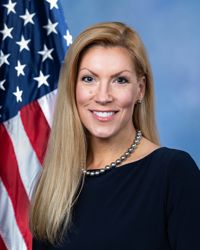0
Defund Planned Parenthood Act of 2025
2/6/2025, 7:51 PM
Summary of Bill HR 271
The bill was introduced in the House of Representatives on January 4, 2021, by Representative Diane Black of Tennessee. It has garnered support from many conservative lawmakers who oppose abortion and believe that federal funds should not be used to support organizations that provide abortion services.
If passed, the bill would have significant implications for Planned Parenthood, as it relies on federal funding to provide a wide range of reproductive health services to millions of women across the country. Proponents of the bill argue that taxpayer dollars should not be used to support abortion services, while opponents argue that defunding Planned Parenthood would limit access to essential healthcare services for women, particularly those from low-income communities. The bill is currently being debated in the House of Representatives, and its future is uncertain. It has sparked a heated debate among lawmakers and advocates on both sides of the issue, highlighting the ongoing controversy surrounding abortion and reproductive rights in the United States.
Congressional Summary of HR 271
Defund Planned Parenthood Act of 2025
This bill restricts federal funding for Planned Parenthood Federation of America, Inc. or any of its affiliates or clinics for one year.
Specifically, it prohibits providing federal funding to those entities unless they certify that the affiliates and clinics will not perform, and will not provide funds to entities that perform, abortions during that year. If the certification requirement is not met, the Department of Health and Human Services and the Department of Agriculture must recoup any federal assistance received by those entities.
However, the bill's funding restriction does not apply to abortions performed in cases of rape or incest or when necessary to resolve a physical condition that endangers a woman's life.
The bill also provides additional funding for community health centers for the one-year period. These funds are subject to the same abortion-related restrictions and exceptions.
Read the Full Bill
Current Status of Bill HR 271
Bipartisan Support of Bill HR 271
Total Number of Sponsors
8Democrat Sponsors
0Republican Sponsors
8Unaffiliated Sponsors
0Total Number of Cosponsors
174Democrat Cosponsors
0Republican Cosponsors
174Unaffiliated Cosponsors
0Policy Area and Potential Impact of Bill HR 271
Primary Policy Focus
HealthAlternate Title(s) of Bill HR 271
Comments

Grant Cross
10 months ago
This bill to stop funding to Planned Parenthood is so stupid! They provide essential healthcare services to so many people, including me! Without them, I wouldn't have access to affordable healthcare. It's just not right to take away funding from an organization that helps so many people. This bill is a disaster and it needs to be stopped! #PlannedParenthood #HealthcareForAll
